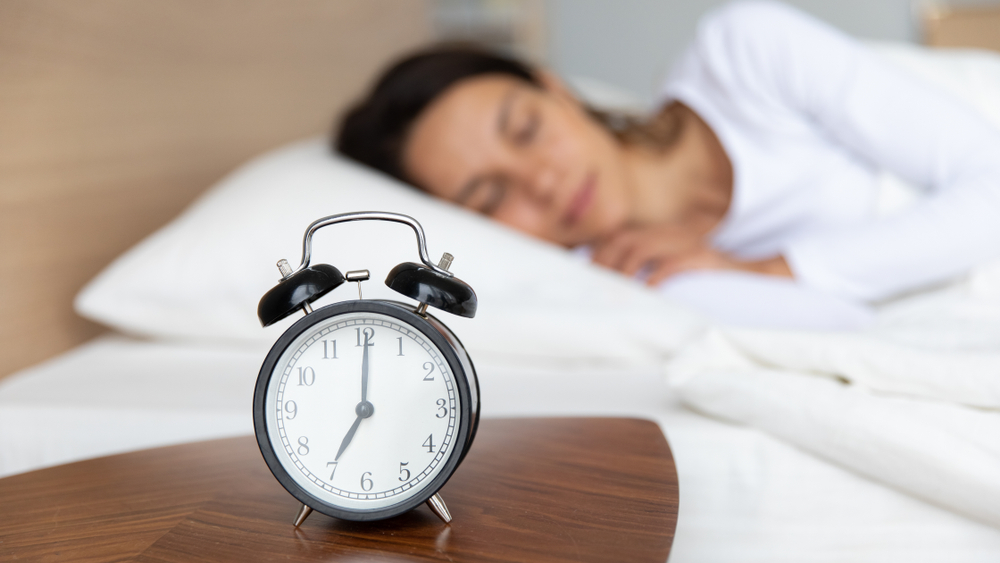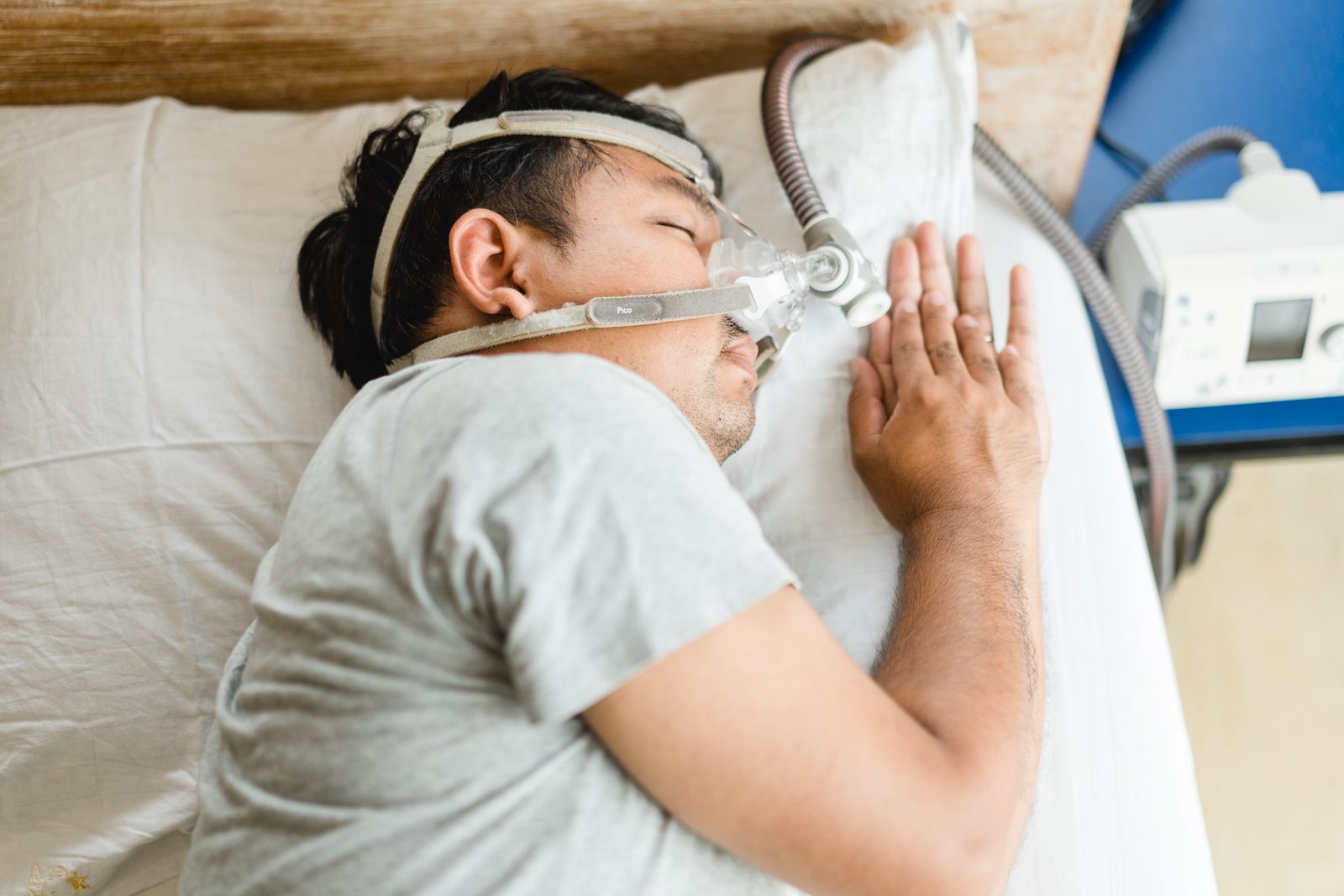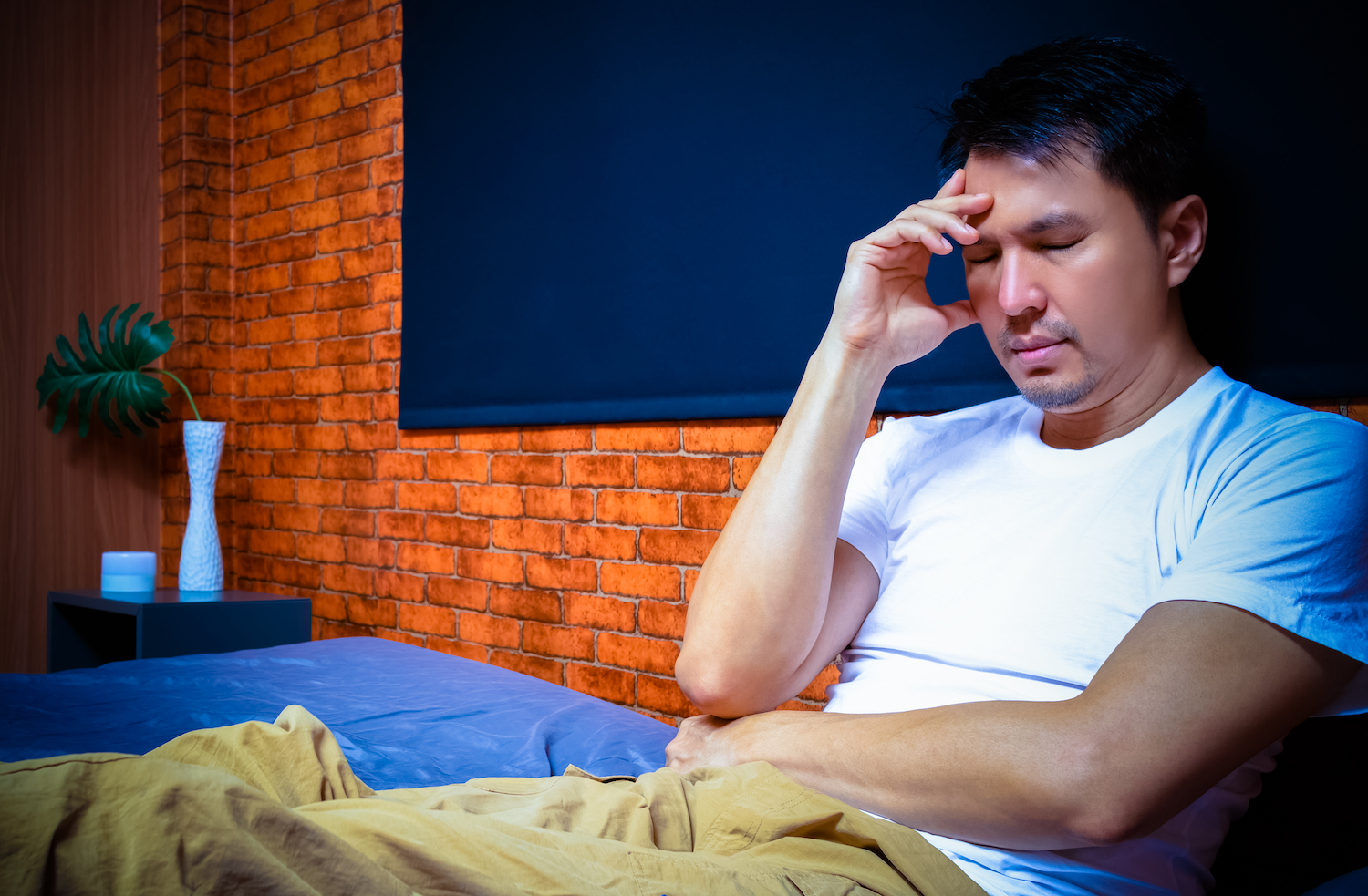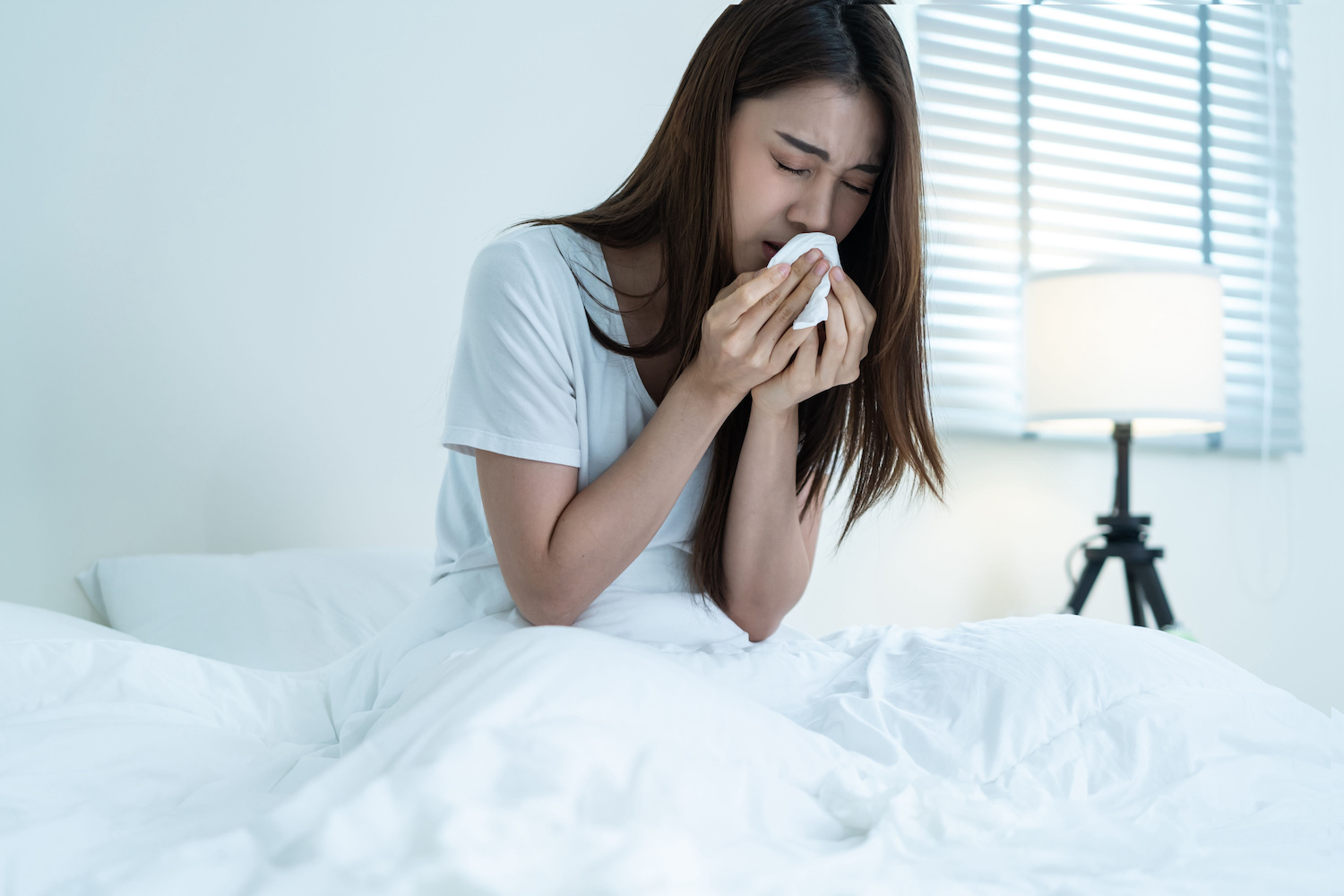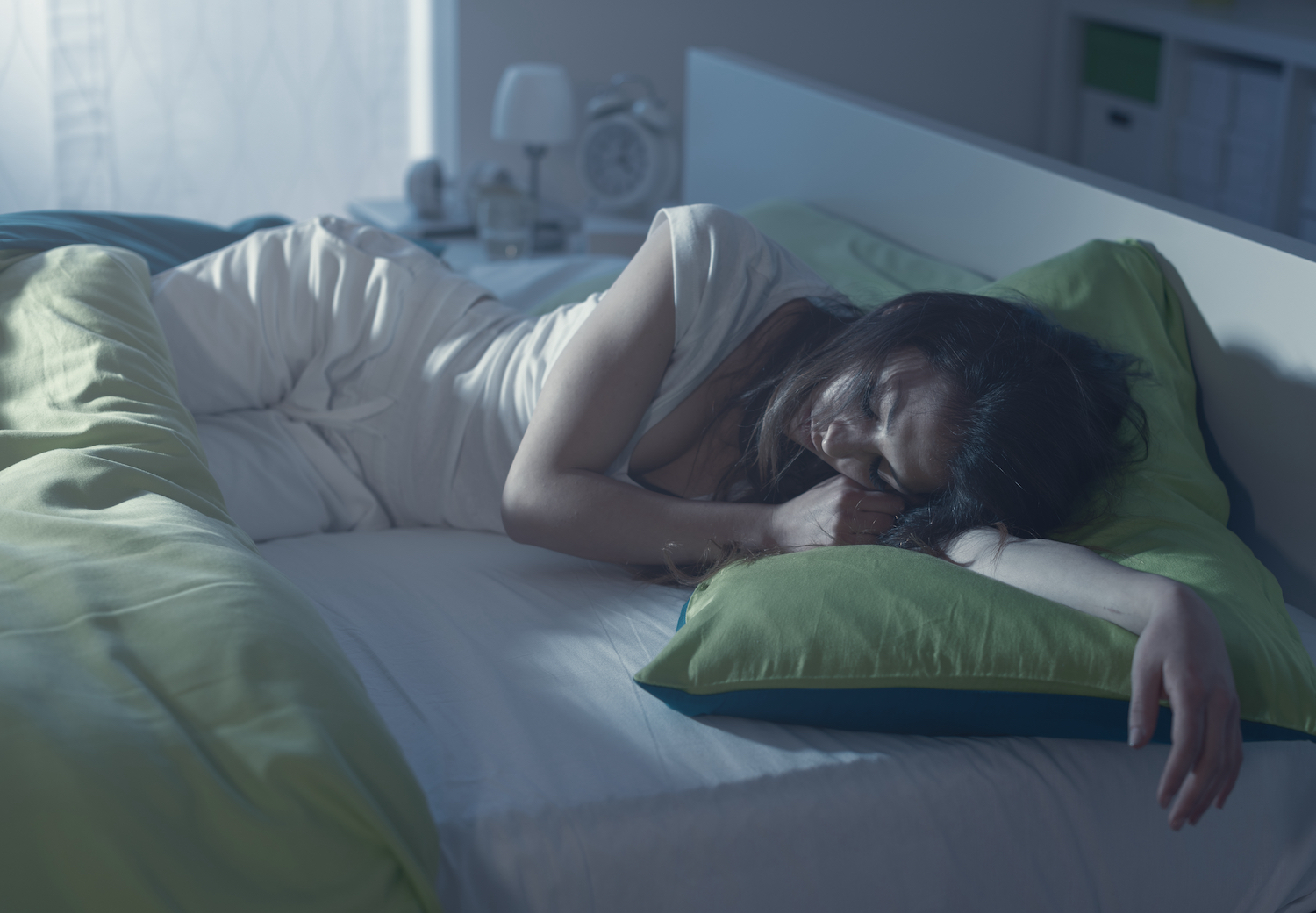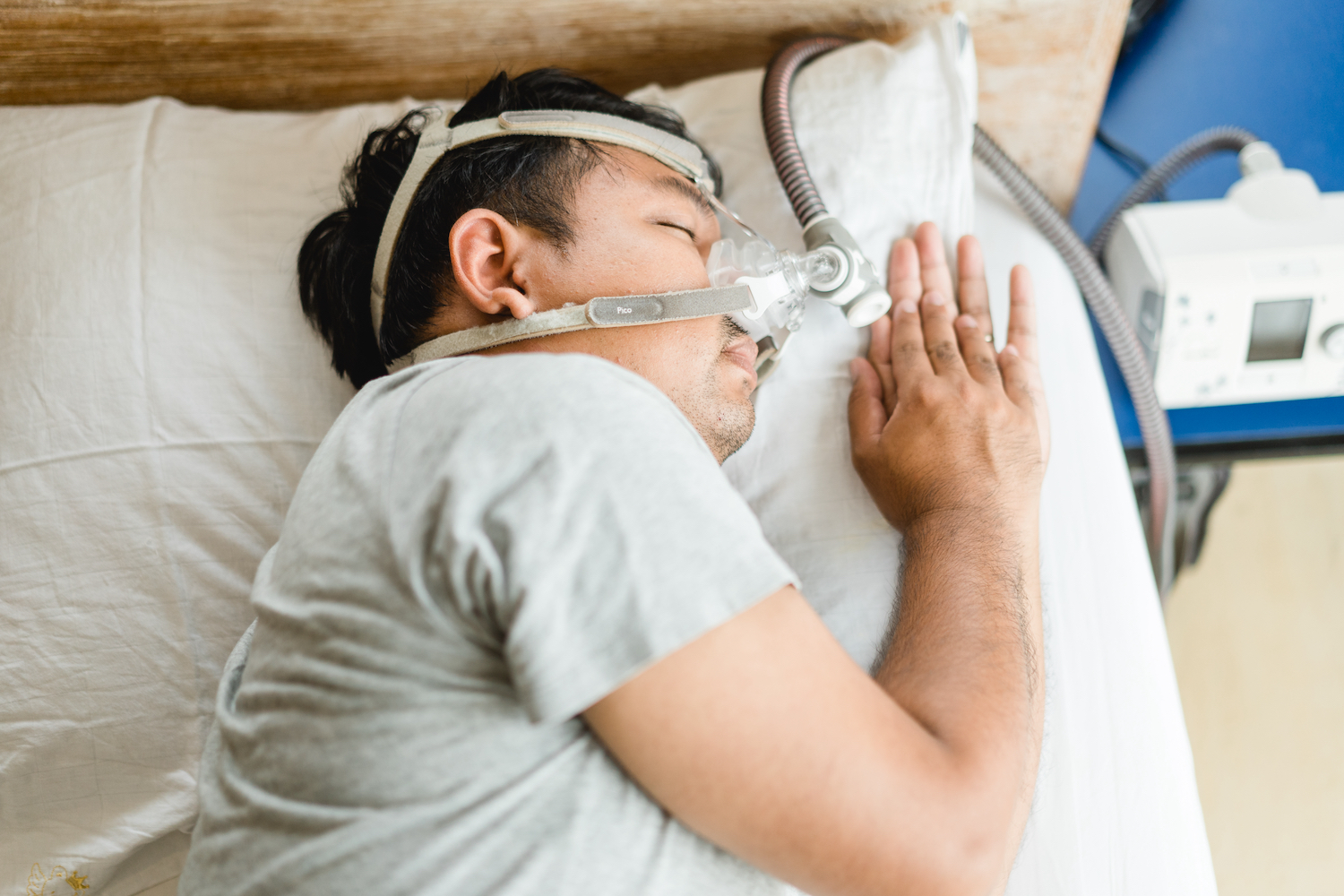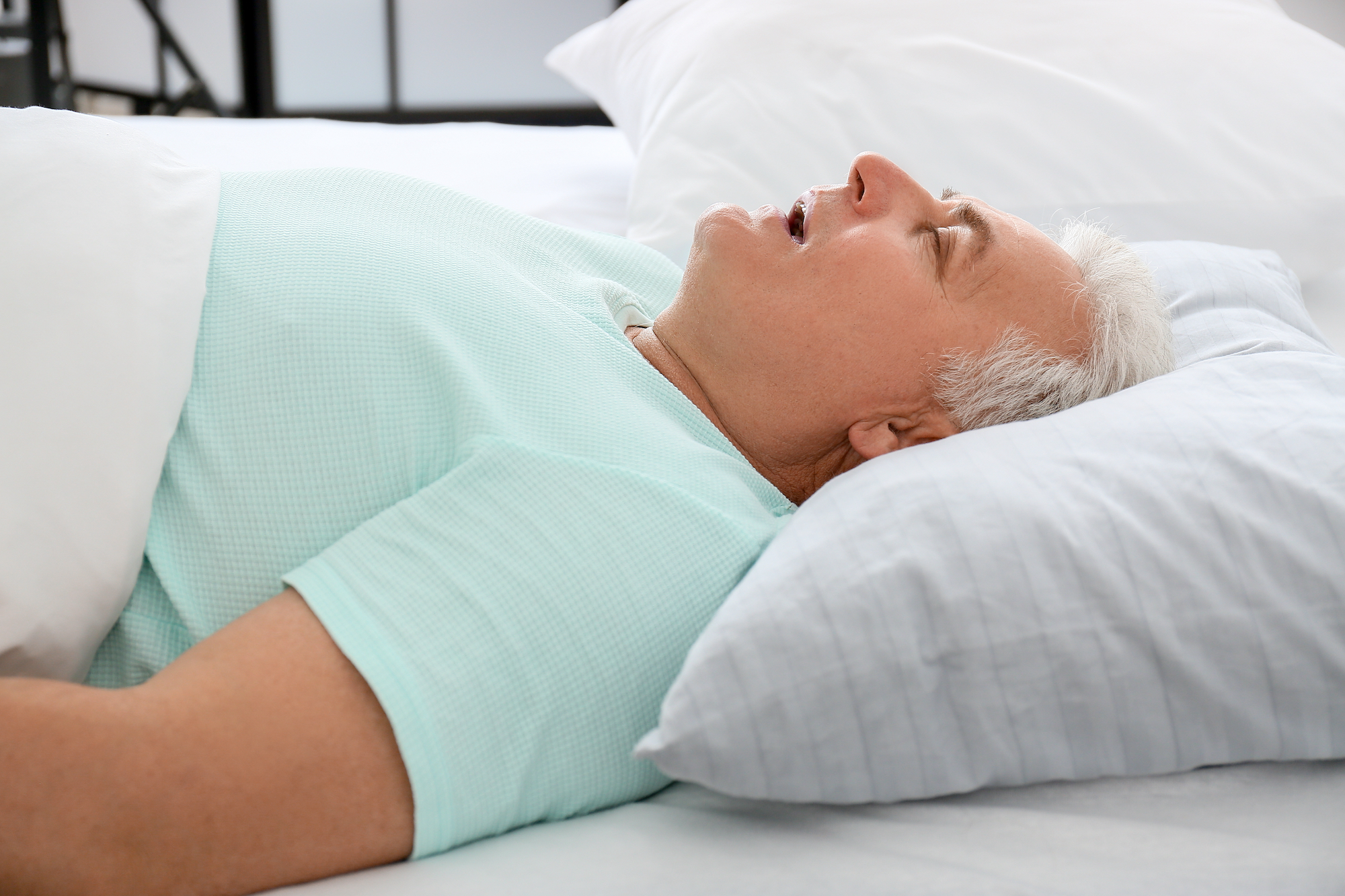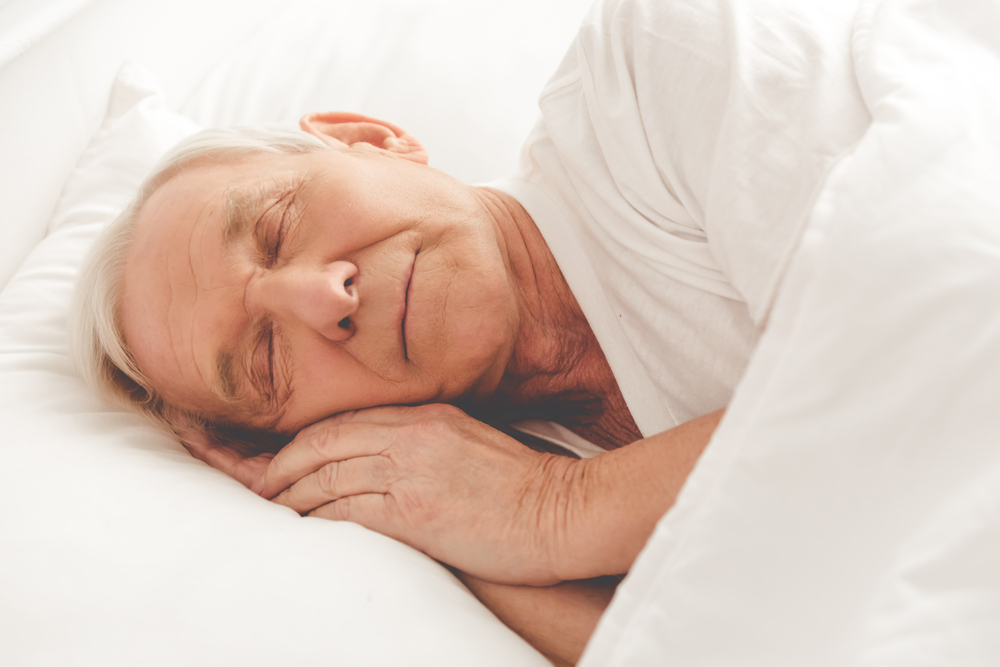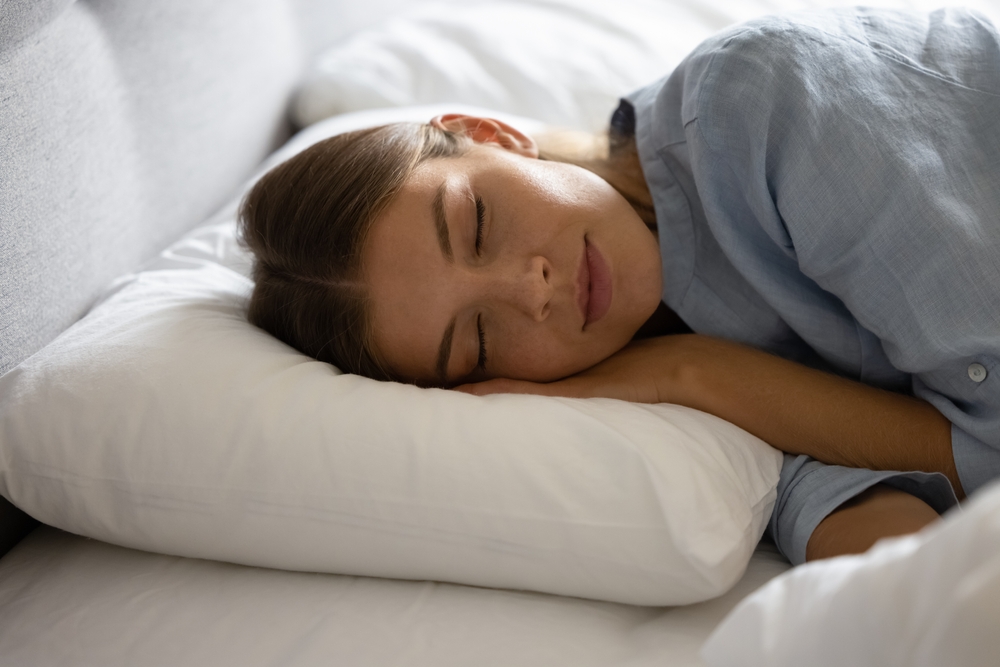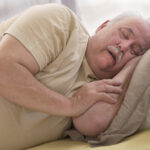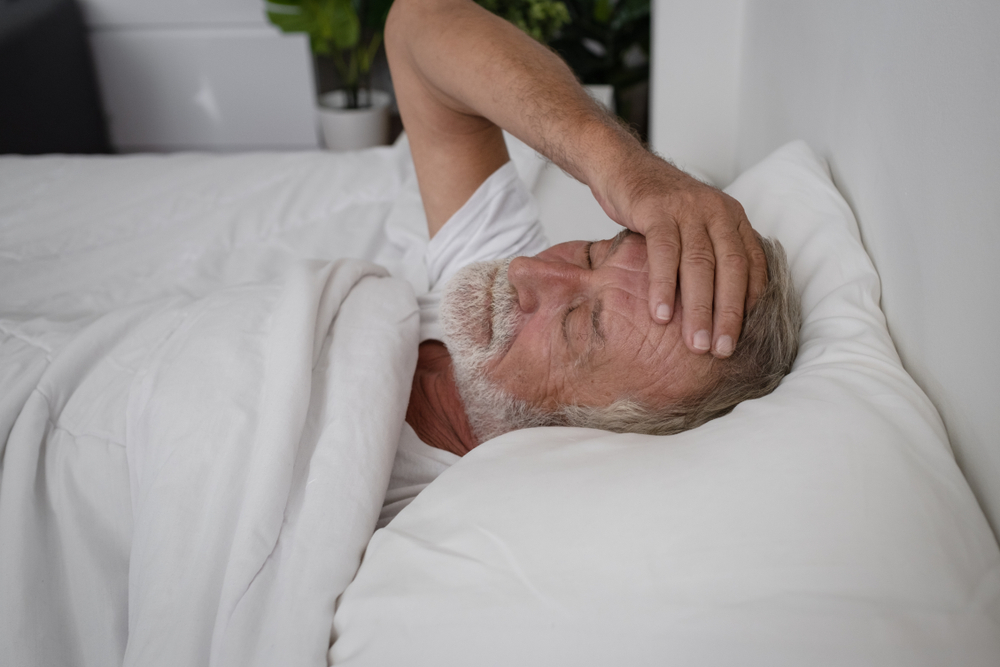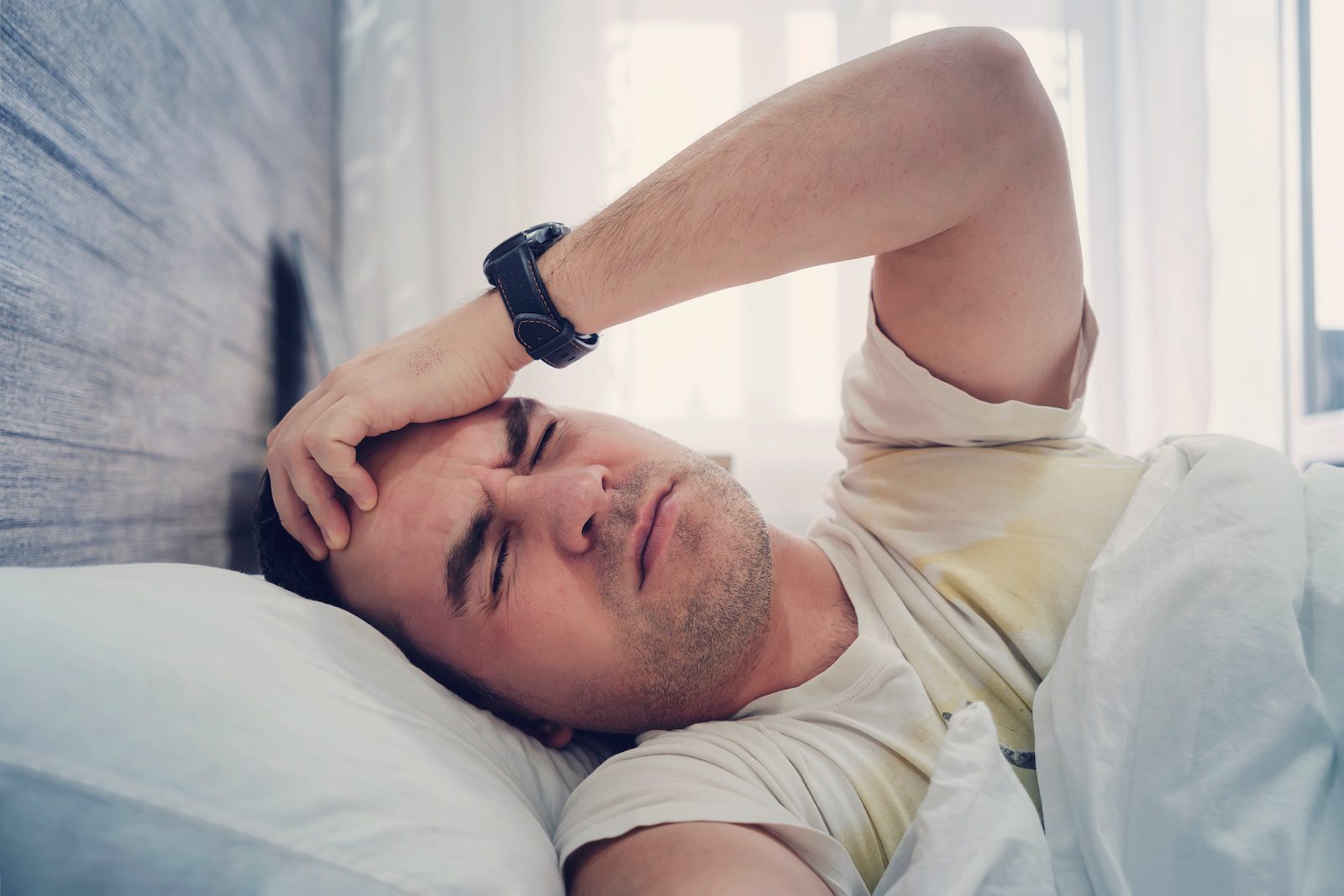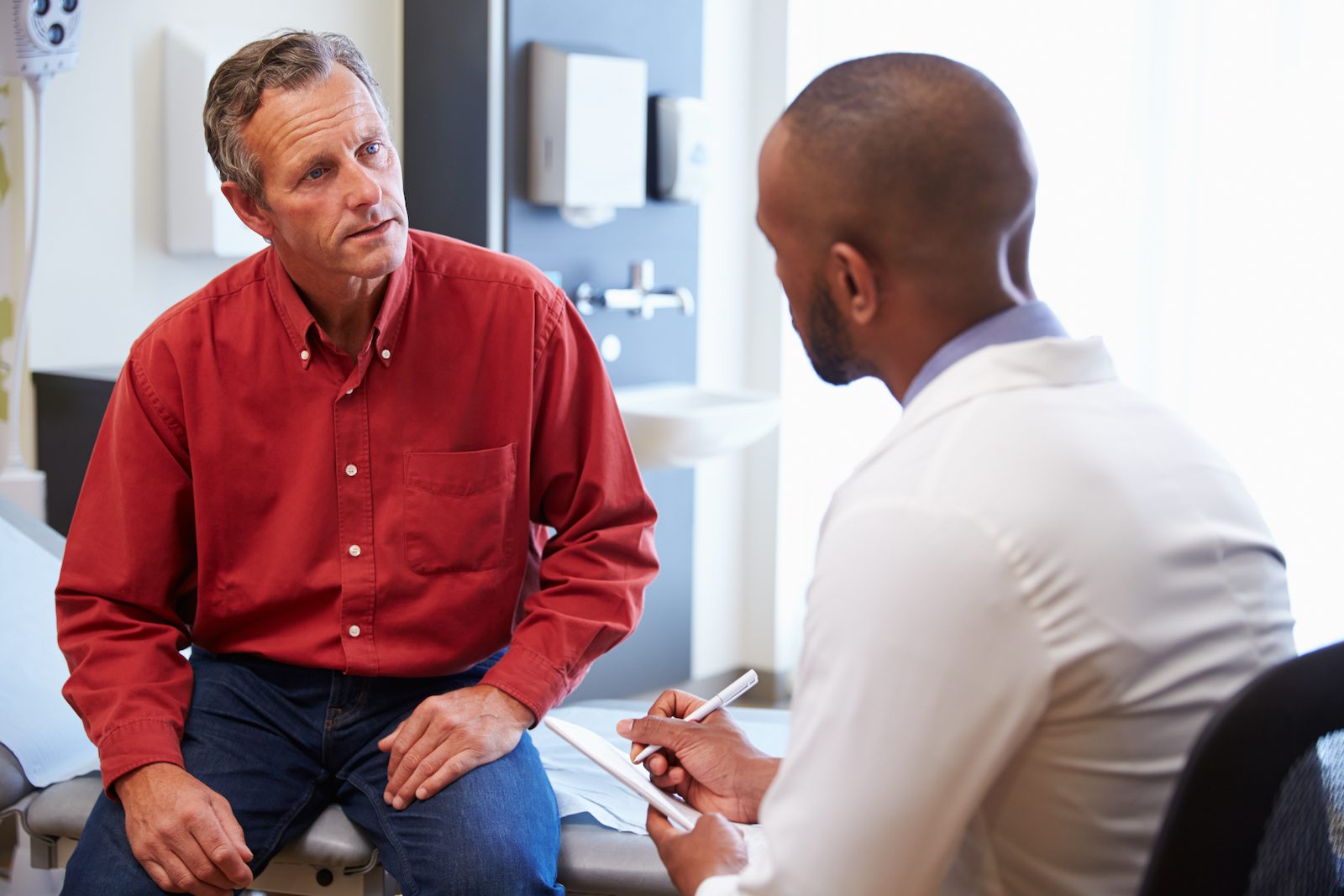Sexuality is important to many people’s sense of well-being and can contribute significantly to quality of life. Unfortunately, many people with untreated sleep apnea or other health issues report feeling less satisfied with their sex lives.
Between 10% and 30% of adults in the U.S. live with obstructive sleep apnea, a sleep disorder that can affect many aspects of a person’s health, including their sleep quality and daytime functioning. These can impact a person’s sexual health and body image.
Learn more about the relationship between sex and obstructive sleep apnea, including the ways in which sleep apnea impacts sexual health and how talking to a doctor can help people improve their sexual satisfaction.
The Relationship Between Sleep Apnea and Sex
How a person experiences and expresses themselves sexually is affected by their emotional and physical health. Obstructive sleep apnea can affect both a person’s physical health and ability to have sex, as well as their sexual desire and how they feel about sex.
Physical Health and Sex
If left untreated, obstructive sleep apnea can have significant effects on a person’s health, which in turn can make it more difficult to have sex.
- Sleep loss
Obstructive sleep apnea can cause a person to wake up repeatedly at night and lead to sleep deprivation. Not getting enough sleep can make it difficult to have enough energy for sex, it can lead to lower testosterone levels, and it may cause strife in a relationship. - Cardiovascular disease
Having untreated obstructive sleep apnea increases the risk of cardiovascular diseases like high blood pressure, heart failure, and stroke. These conditions can restrict the blood supply to the sex organs and contribute to difficulties with sexual function. - Diabetes
People with untreated obstructive sleep apnea have a significantly higher likelihood of developing type 2 diabetes. Over time, diabetes can damage nerves and blood vessels in the body, contributing to difficulties getting and maintaining an erection as well as other sexual difficulties across genders.
Medications for physical and mental health issues that are more common in people with sleep apnea may have side effects that can also make it more difficult to have sex. These include blood pressure medications, heart medicines, and certain antidepressants.
Sex and Emotional Health
Sexual functioning isn’t just about the physical ability to have sex, it’s also impacted by a person’s emotions, stress levels, and how they experience both themselves and their partners. Obstructive sleep apnea can contribute to a variety of mental and emotional health challenges that can impact a person’s libido and sexual satisfaction.
- Sex drive
Obstructive sleep apnea can reduce a person’s sex drive and sexual satisfaction. Although more research is needed, experts suggest that the loss of libido in people with obstructive sleep apnea may be related to the severity of breathing disruptions, medications, and psychological factors. - Self-image
Having obstructive sleep apnea may affect a person’s self-image and feelings about their health. Research shows that a person’s beliefs about their own health and body correlate with their level of sexual satisfaction. - Mood
Sleep loss due to obstructive sleep apnea can also affect a person’s mood. They may feel depressed, stressed, irritable, and have difficulty being patient. Stress and other mood changes may leave a person uninterested in sex.
Treating Sexual Problems in People with Sleep Apnea
Treatments for sexual issues depend on the type of sexual problem a person is experiencing and its underlying cause in the body.
For people with obstructive sleep apnea, doctors commonly recommend continuous positive airway pressure (CPAP) therapy to reduce disruptions in nighttime breathing. Research has shown that CPAP may help to resolve some sexual issues.
While obstructive sleep apnea can affect a person’s sex life, it’s important to remember that issues related to the desire and ability to have sex are usually affected by multiple factors. When deciding on an appropriate treatment for sexual issues, doctors will consider the effects of sleep apnea, as well as:
- Mental health concerns
- Relationship conflict
- Fatigue
- Stress levels
- Any previous trauma
- Medications and substance use
- Coexisting health issues
Based on an evaluation of sexual issues, a doctor may adust medications, recommend physical therapy, or suggest seeing a counselor or sex therapist who specialized in treating sexual issues.
Talking to Your Doctor about Sleep Apnea and Sex
It’s important to talk with your doctor if you have concerns about your sex life. While you may be hesitant or unsure if your doctor can help you with issues related to sexual desire and performance, remember that these are common challenges. Your doctor may be able to help with a wide range of issues related to sex, including:
- Concerns about a lack of sexual desire
- Challenges becoming and staying aroused during sex
- Erectile dysfunction
- Pain or discomfort during sex
- Difficulty having an orgasm or ejaculating
- Discomfort, headache, or chest pain after sex
Sleep Apnea and Sex
Yes. Obstructive sleep apnea doesn’t need to prevent you from having sex. However, untreated OSA can affect your desire and ability to have sex. If you have any unwanted problems with having sex, talk with your doctor about potential lifestyle changes and treatment options.
CPAP treatment can improve sexual satisfaction and erectile dysfunction in some people who have obstructive sleep apnea. CPAP may be most effective for people with moderate or severe obstructive sleep apnea. If you can’t use CPAP, other sleep apnea treatments may help with sexual concerns.
Obstructive sleep apnea can decrease testosterone levels by reducing deep sleep and REM sleep. Testosterone is a sex hormone that is important for people of any gender. It is important for erections, sexual arousal, and sperm production among other bodily functions. When testosterone levels are low, people may experience sexual dysfunction.
Some people with low testosterone take testosterone replacement therapy. Although more research is needed, testosterone replacement therapy may worsen obstructive sleep apnea in some people. For this reason, people with sleep apnea should talk to their doctor about the risks and benefits of testosterone replacement therapy.



